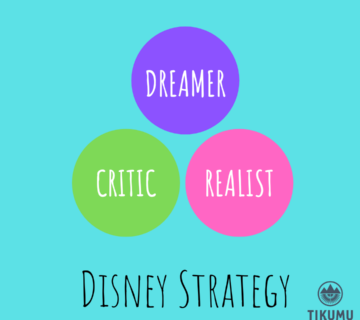Over the years I have heard some rather interesting interpretations of what some people think coaching is and who would require the services of a coach.
My favourite one is, “You only need a coach if you are an under-performer”. This kind of statement does give coaching a bit of a bad reputation and probably prevents a lot of people from seeking out a coach, when they actually really need one, as they don’t want to be labelled as an under-performer. Coaching is not for the “underperforming”, “lazy” “unproductive” team members. It is for anyone who believes that they need to move forward in their work or personal lives. People who want to change the status quo, but just need some assistance. If they happen to be under-performers then so be it. The most important character trait about the person seeking coaching is not about how productive or unproductive they are, but that they want to change, be coached and will voluntarily hold themselves accountable throughout the coaching engagement.
On the flip side the second myth I often hear is this, “If you are performing well, you don’t need a coach”
Here’s some food for thought. If high performers don’t need coaches, then why do people such as Sir Richard Branson, the late Steve Jobs and Oprah Winfrey have coaches?
These high performing individuals are the smart ones. They know that you are never always running on optimal speed. That there is always room for improvement. They harness the power of coaching to catapult themselves forward in order to achieve their goals.
The third coaching myth is as follows. “If you are trained as a coach, or have acquired coaching skills you cannot take disciplinary action against your employees?”
Many people, especially business owners believe that if you start coaching your employees that you somehow lose the ability or right to take disciplinary action against your employees if it is required. That somehow if you did take disciplinary action you would fail as a manager. Well, I can assure you that that is definitely incorrect. As a manager or business owner you may take a different approach to your employees, due to your new coaching skills, however you are still their manager and it would be to your business detriment if you didn’t take corrective action if and when required.
Remember as a business owner you wear different hats. Some days you are a mentor or a coach, a cheerleader, a negotiator or even a consoler. Just because you up-skill yourself with certain coaching competencies it doesn’t mean you have lost the ability to take on other essential roles within your business.
If you are finding that there is a conflict of interest when coaching your own employees, perhaps think about bringing in an external coach.
Probably the best investment you could make in your team members is to offer them the services of a coach. Allow them to:
- Create focused goals and action plans
- Build confidence in themselves
- Work through their own personal goals
- Develop and grow within their position.
What is your people plan? How are you or your team members moving forward?
Need assistance? Contact Nicole at [email protected]
- A business strategy is not enough - June 3, 2024
- Networking – quality or quantity? - February 19, 2024
- How behaviour profiling can work for your business - January 5, 2024



